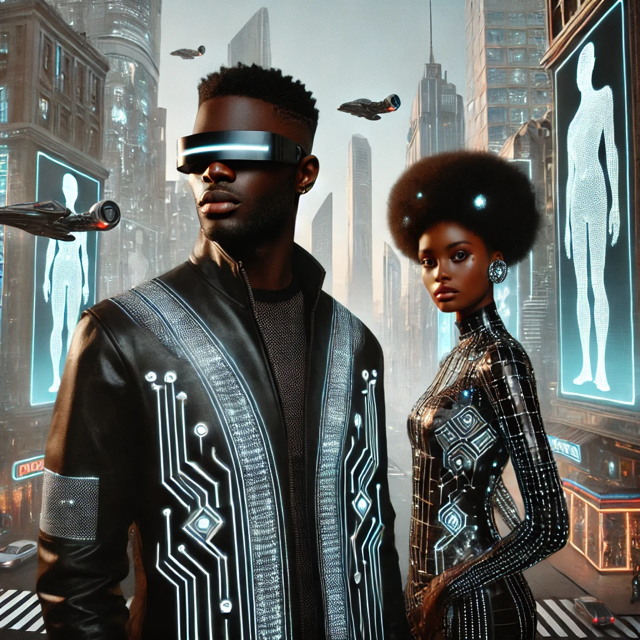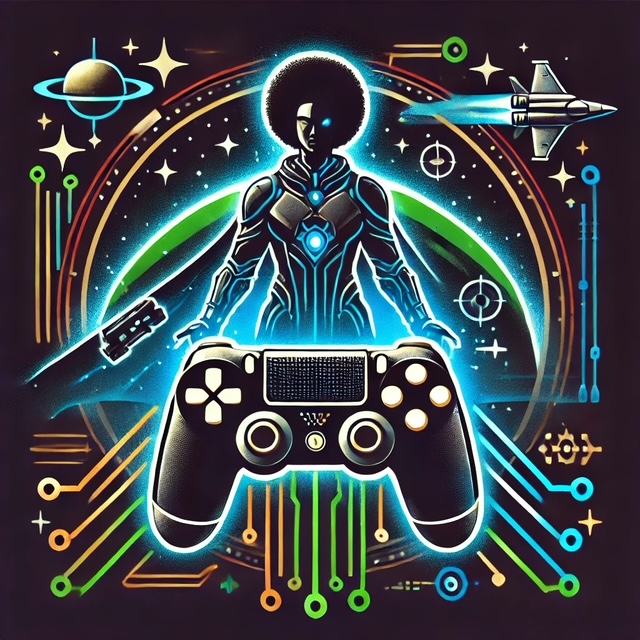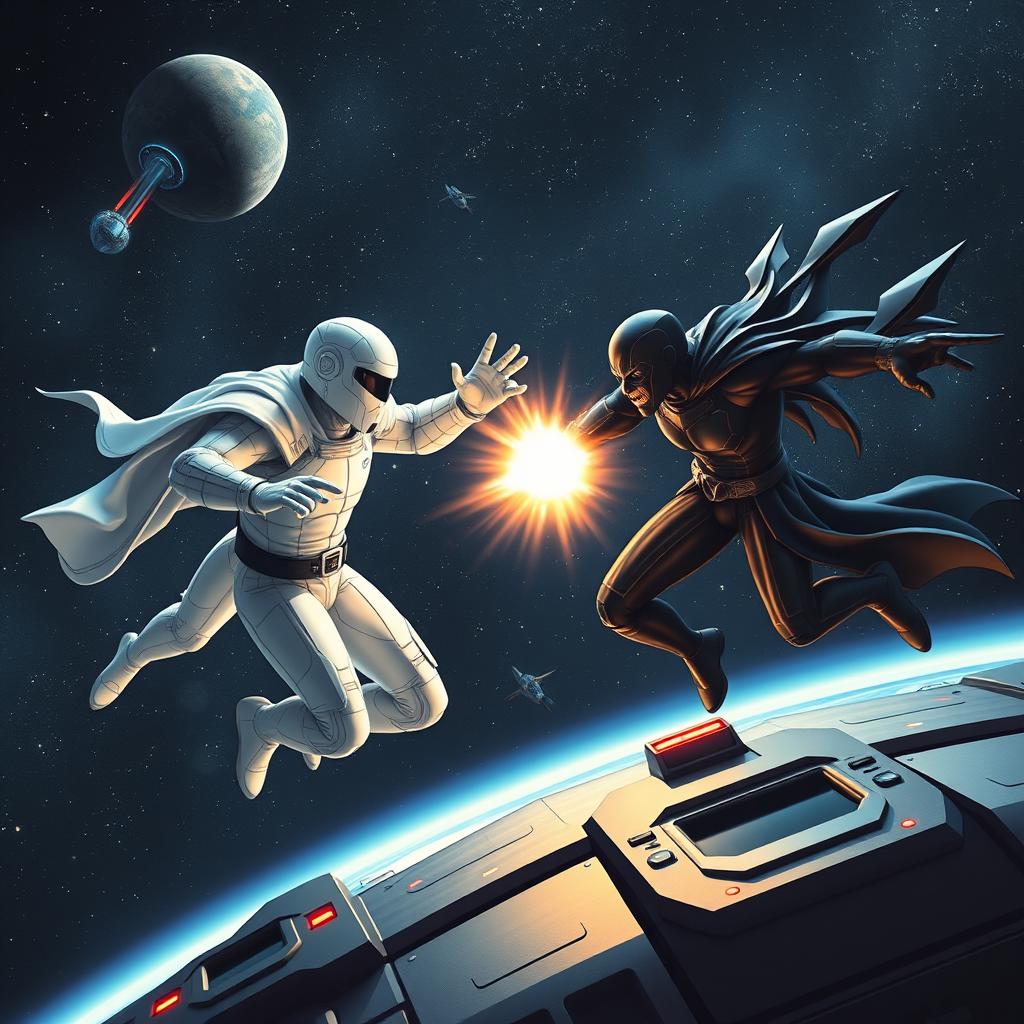By Bernie Smith
When Black Panther hit theaters in 2018, it didn’t just break box office records—it cracked open the mainstream imagination to the possibilities of Afrofuturism. But long before Wakanda graced the silver screen, Black indie game developers were already building digital worlds where African heritage, speculative technology, and radical Black joy collided. Today, these creators are pushing the boundaries of what gaming can be, crafting immersive experiences that center Black futures.
The Indie Advantage: Freedom to Dream
Unlike major studios, indie developers often operate with fewer constraints—and that’s their superpower. It allows them to tell stories that are personal, political, and proudly rooted in Black culture. Games like Aurion: Legacy of the Kori-Odan, developed by Kiro’o Games in Cameroon, blend African mythology with anime-style combat and storytelling. The result? A game that feels both familiar and revolutionary.
Similarly, Hair Nah, a satirical browser game by Momo Pixel, turns the microaggression of unwanted hair-touching into a fast-paced arcade experience. It’s funny, sharp, and deeply resonant—a perfect example of how indie games can turn lived Black experiences into powerful digital narratives.
Afrofuturism as Game Design
Afrofuturism isn’t just an aesthetic—it’s a philosophy. It asks: What does the future look like when Black people are free? In gaming, this manifests in everything from character design to world-building. In Neon Insect’s Glitchpunk, players navigate a cyberpunk dystopia with themes of resistance and identity. Meanwhile, We Are The Caretakers, a sci-fi strategy RPG by Heart Shaped Games, draws on Afrofuturist themes to tell a story about protecting endangered species and preserving culture.
These games don’t just entertain—they educate, provoke, and inspire. They challenge colonial narratives and offer new visions of power, community, and survival.
The Community Behind the Code
The rise of Afrofuturist indie games is also a story of community. Online spaces like Black Game Developers Hub, Afrogameuses, and Game Devs of Color Expo have become vital ecosystems for collaboration, mentorship, and visibility. Crowdfunding platforms like Kickstarter and itch.io have empowered Black creators to bypass traditional gatekeepers and connect directly with players.
What’s Next?
As technology evolves, so too does the potential for Afrofuturist storytelling in games. Virtual reality, AI-driven narratives, and decentralized platforms could open even more doors for Black creators to imagine—and build—new worlds.
But the heart of the movement remains the same: reclaiming the future, one pixel at a time.


